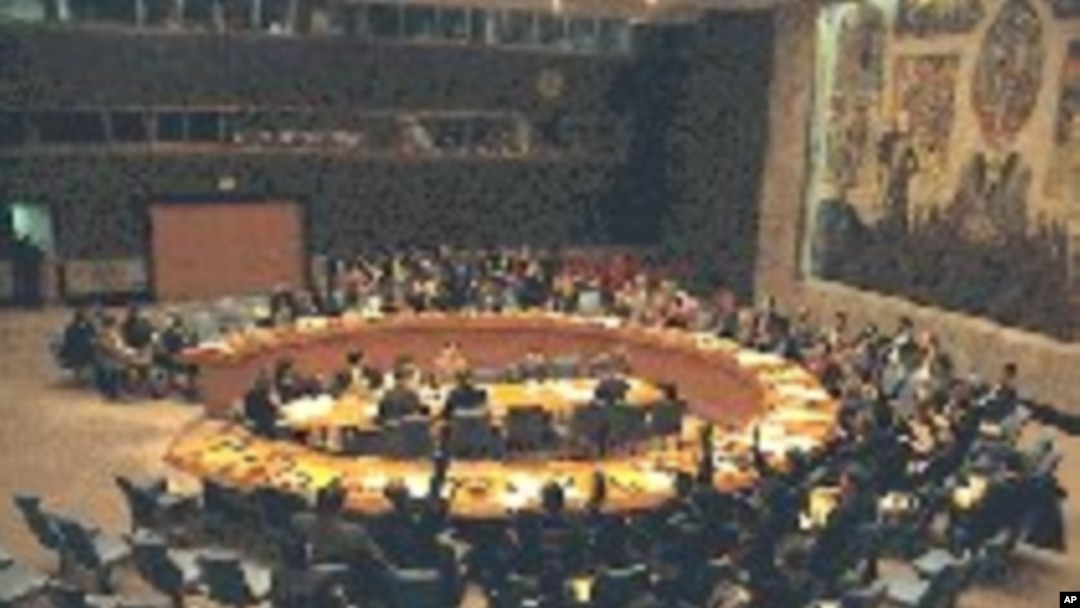It was set to expire this Sunday. UNSC also urged AMISOM to boost its strength to 8,000 troops as initially planned from the currently deployed over 5000 troops.
Deployed in March 2007, the force known as AMISOM fields 5,300 Ugandan and Burundian soldiers and is currently charged with protecting strategic sites in the seaside capital such as the presidency, the port and the airport.
The 15-member council empowered AMISOM to stay until January 31, 2011 and asked it "to increase its force strength with a view to achieving (its) originally mandated strength of 8,000 troops, thereby enhancing its ability to carry out its mandate in full."
The council resolution also directed the force to continue assisting Somalia's transitional government in developing the Somali Police Force and the National Security Force, and to help integrate Somali units trained by other UN member states or organizations inside and outside Somalia.
Somalia's internationally-backed transitional government has been boxed into a tiny perimeter in its capital Mogadishu by an insurgency launched in May 2009 by the Al-Qaeda-inspired Shebab group and its more political Hezb al-Islam allies.
A Somali official says President Sheikh Sharif Sheikh Ahmed’s government will be celebrating its first year in office Friday. Abdirahman Abdishakur Warsame, minister of planning and international cooperation, told VOA that the transitional government has been successful in resisting attempts by hard line Islamic insurgents to overthrow the administration.
Mr. Warsame said “Today we are celebrating and we can say we have achieved a lot, and we are still facing huge challenge to counter it. We defend ourselves against al-Shabab and militias supported by international terrorists. They tried to overthrow the government and we are now planning to undertake a security operation next week.”
Last year, Somali lawmakers elected the former chief of the Islamic Courts Union as president, a move aimed to end years of political instability.
The President Sharif Ahmed-led government is currently battling hard line Islamic insurgents including al-Shabab who have vowed to overthrow the government.
Washington has categorized al-Shabab as a terrorist organization with strong links to Al Qaeda. Warsame said the government is determined to provide adequate security to Somalis.
“The expectation is to handle the security of the country, particularly the capital city of Mogadishu. And that is what we are now planning. In the next few weeks we (will) be in a position to say that we will undertake the security operation in the capital. We will kick out the al-Shabab and its allies of Hizbul Islam from the capital. And we will soon put in place law and order in the city and police forces will be in place to protect the civilians,” Warsame said..
Warsame said there is need for the international community to keep its financial pledge to Somalia. “We have moral and political support from the international community but I have to say that we haven’t realized the much resource we need from the international community and we are still expecting (them)…there were big meetings in London both on Yemen and Afghanistan. We are looking for the scale of that conference to be held for Somalis,” Warsame said.
[You can also listen to the interview VOA’s Peter Clottey did with Mr. Abdirahman Abdishakur Warsame, minister of planning and international cooperation in Somalia. Mr. Warsame starts by explaining what his goverment has achieved as it celebrates its first year of existence.]


